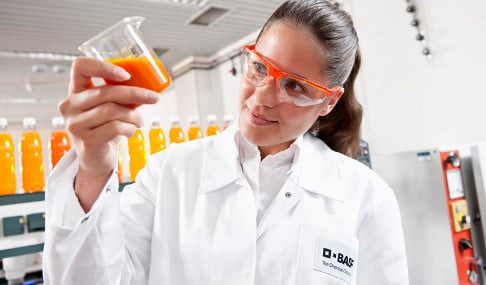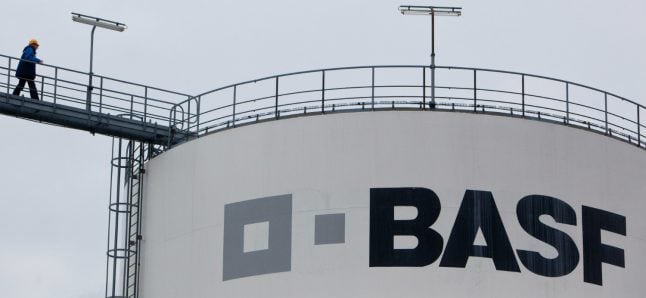However, Bayer said it would put hundreds of millions of euros aside to settle US legal action focused mainly on genetically modified rice.
BASF, the world’s biggest chemical group, announced that its profits had jumped 23 percent to €15.8 billion ($21.8 billion) and Bayer posted a 16.1 percent gain to €8.58 billion.
A pick-up in activity worldwide lead to sustained demand for chemical and pharmaceutical products, and BASF said “there was hardly any sign of the usual seasonal slowdown.
“Nearly every business benefited from this. Growth impetus came from all regions,” the group noted.
Net profit leapt five-fold to €1.25 billion and chairman Jürgen Hambrecht said that for 2010 as a whole: “We aim for sales of around €63 billion and income from operations before special items of more than €8 billion.”
At Bayer, core earnings before special items gained 10.5 percent to €1.66 billion in the third quarter, exceeding analysts’ expectations.
But the maker of Aspirin booked €436 million in provisions for US court cases, including €386 million to settle legal action involving its Crop Science division that stemmed from genetically modified rice.
Bayer was told in April to pay $48 million dollars to US rice farmers and distributors affected by European Union restrictions on rice imports in 2006 following the discovery of genetically modified rice in US products.
The rice came from experimental plants dubbed LL601 that were developed by the French group Aventis, which was later bought by Bayer.
Although the rice was never sold, the strain contaminated traditional rice crops and Bayer faced complaints by a total of 6,600 farmers and distributors, and sought a deal that would avoid further legal action.
Meanwhile, Bayer said it had also booked €50 million in charges at its HealthCare division “for further anticipated defence costs in connection with YAZ/Yasmin,” its blockbuster oral contraceptive.
Thousands of Americans have accused the products of causing thrombosis. Bayer is not alone in dealing with issues related to genetically modified products meanwhile.
In September, BASF found the cause of a co-mingling of seeds from two strains of GM potatoes in Sweden, which a director said: “occurred because Amadea and Amflora plants were in close proximity to each other.”
BASF said it “will ensure complete separation of the production systems” in the future.
Those problems aside, the German chemical companies looked with optimism to the rest of the year.
Bayer said it still expects “adjusted sales growth of over five percent” and aimed to raise core earnings before special items to more than €7 billion.
Its shares showed a gain of 0.69 percent to €55.26 in early trading on the Frankfurt stock exchange, while BASF was down by 0.82 percent at €51.79.
The DAX index of German blue-chips was 0.40 percent higher overall.
AFP/rm



 Please whitelist us to continue reading.
Please whitelist us to continue reading.
Member comments